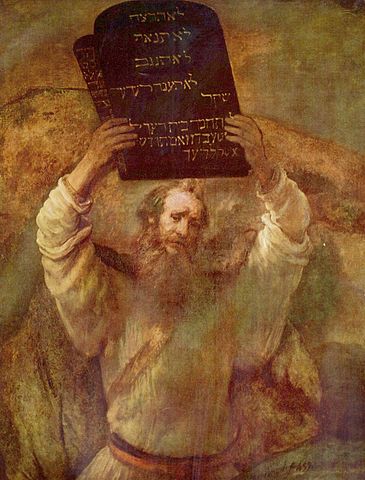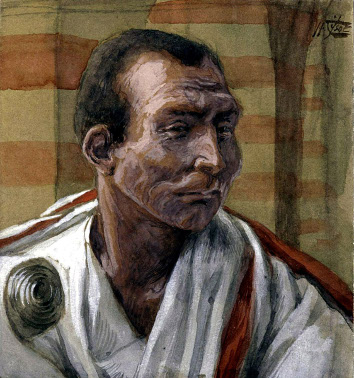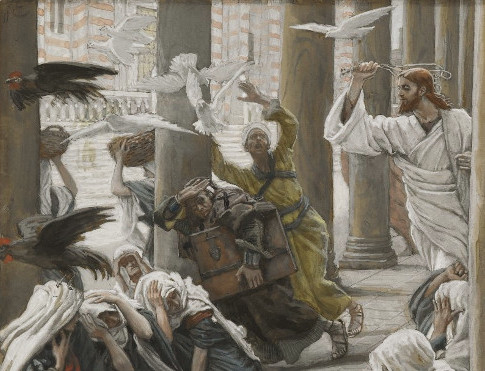Questions you should ask your pastor/elder

Here is a list of questions which I recommend you print out and ask the leadership of any church with which you come into contact. Each of these questions will help you understand the worldview of that church. Any church which refuses to answer any of these questions should be considered a poor ambassador for Christ.
- Do you excommunicate in accordance with Matt.18 and 1 Cor. 6? If so, when was the last time you did so, and for what reason?
- What is your definition of Christian marriage? Where do you get this from scripture?
- Do you believe that civil government should license marriage (i.e. require permission from the civil government before establishing a legal marriage)? If so, can you justify this from scripture? If so, who licensed the marriage of Joseph and Mary?
- When a husband and wife disagree on a decision, where neither course of action is a sin, who has the final authority in deciding what the family will do? The husband, the wife, or neither one? Can you justify your answer from scripture?
- What are the legitimate reasons for divorce, according to scripture?
- What does the scripture say is the just penalty for murder, if it is proven in court by at least two witnesses?
- What does the scripture say is the just penalty for adultery, if it is proven in court by at least two witnesses?
- When is the last time your church taught about just civil government penalties? Can I find a link to that sermon on your website?
- What do you think Jesus meant by Matt.5:17-19?
- Do you believe that a church choosing to go into debt sets a good example for the people who attend that church? Is your church in debt?
The Ten Commandments are relevant
I once heard a sermon in which the speaker made the statement:
"The Ten Commandments are irrelevant."
How did he come to this conclusion?
 He was preaching from 2 Cor. 3, the chapter where Paul talks about how the New Covenant has a "greater glory" than the Mosaic Covenant (2 Cor. 3:10). Paul also says that the Mosaic Covenant is "being abolished" (Greek: καταργούμενον, 2 Cor. 3:11). Unfortunately, the sermon speaker had read Paul's words from verse 7 -- where he talks about "the ministration of death engraved on stones" -- and made the following "logical" connection:
He was preaching from 2 Cor. 3, the chapter where Paul talks about how the New Covenant has a "greater glory" than the Mosaic Covenant (2 Cor. 3:10). Paul also says that the Mosaic Covenant is "being abolished" (Greek: καταργούμενον, 2 Cor. 3:11). Unfortunately, the sermon speaker had read Paul's words from verse 7 -- where he talks about "the ministration of death engraved on stones" -- and made the following "logical" connection:
-
The "ministration of death engraved on stones" is the Ten Commandments. (A = B)
-
The "ministration of death engraved on stones" is the Mosaic Covenant. (A = C)
-
The Mosaic covenant was "being abolished" in Paul's time (presumably because Paul was writing prior to the destruction of the Second temple in A.D. 70), and it is now gone. (C is now abolished)
-
Therefore, the Ten Commandments are irrelevant. (B is now abolished and irrelevant)
How is Jesus a “king”?

Pontius Pilate (Tissot)
The territory of Judea was not a good posting for Pontius Pilate: far from the seat of power in Rome, he was out of touch with the important developments in the Senate and Praetorian Guard. It was a volatile area, full of rebellious people. Vassal kings, various ethnic groups, and religious factions (like the Pharisees and Sadducees) were in constant friction with one another.
Now, during the Jewish Passover, Jews from all over the Empire were making their pilgrimage to Jerusalem to participate in the sacrifices. And Pilate had to go too, to show that Rome would not tolerate any outbursts of nationalism. Every so often, somebody would stand up, claiming to be an anointed king (messiah), eager to lead the people in a rebellion against Rome. So Pilate had to leave his nice residence in Caesarea — a modern, civilized, coastal community — and travel inland to that city which was the heart of his administrative problems.
Pilate (like most people in positions of power) had to be constantly on guard against being manipulated by one or another of the local interest groups.

Jesus before Pontius Pilate
Now, the Jewish chief priests had brought him another messiah pretender that they wanted executed: an unimpressive-looking man, with the common Jewish name Yeshua. Maybe Pilate could get a quick admission of guilt and be done with it.
Who would Jesus criticize? (WWJC)
Religion is culture internalized

As Henry van Til observed, culture is "religion externalized," meaning that your family's religious values will find their expression in a set of specific cultural choices:
- how you spend your "free" time
- what music you listen to
- what you watch (or refuse to watch) on TV
- how you dress (i.e. modesty, extravagance, fashion-following)
- who you spend time with and emulate as behavioral examples
- how you talk to others
- etc.

